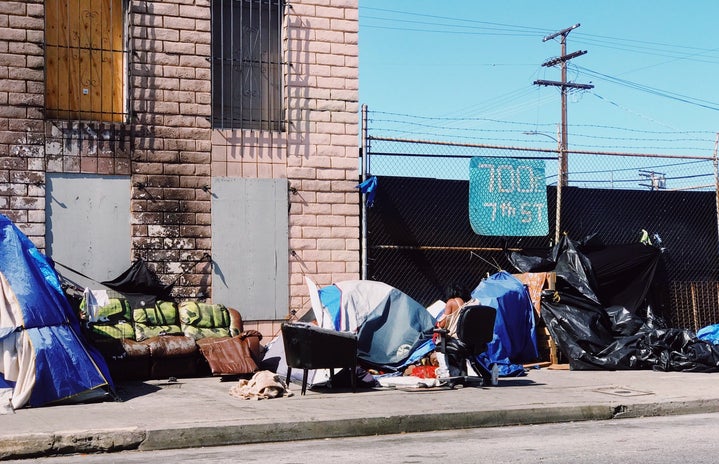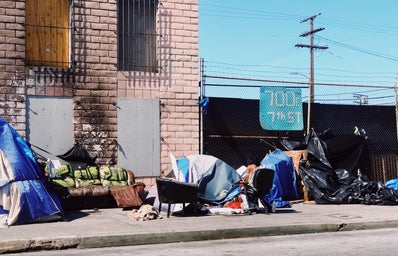The University of Victoria (UVic) offers limited support options or subsidies for youth in our community who struggle with barriers that come from homelessness or addiction but want to attend post-secondary school, nonetheless.
I have spent the last six months working directly with youth who struggle with homelessness and addiction at a youth shelter in downtown Victoria. My role included crisis management, harm reduction and, most importantly, support for future planning. Oftentimes the youth that I support have straightforward goals: go through detox, find affordable housing, and get a job. When I ask if they are interested in university, I usually get the same answer: it doesn’t matter because it’s not accessible. They don’t disregard the idea because they are lacking intelligence or willpower. These kids are some of the smartest and hardest working people that I know, but the barriers they face are overwhelming.
I can empathize, and I’m sure you can too. Navigating the application process, course selection, applying for scholarships and bursaries, and figuring out finances is tricky even with the support that many students have from family, counselors, and friends. So, I decided to reach out to various staff members at UVic to enquire about the ways in which we could help our community’s youth bypass some barriers, like finding housing, securing financial options, and receiving general support.
I was shocked by the answers that I discovered.
Publicly, UVic appears as a progressive and supportive university, with initiatives like UVic’s 5 Days for the Homeless, where our school raises money and awareness around the homelessness crisis. But when it comes to assisting students with extra barriers, UVic offers little to no support. While UVic has a program called Uni 101, where they provide free, academic, non-credit courses, there is no direct support for helping street-entrenched youth work towards a degree—which is one of the best ways to end a cycle of poverty.
We need systemic change and UVic could help create it. Nowhere on their website or admissions portal was I able to find specific support systems for at-risk or street entrenched youth. While they do offer scholarships for kids in the foster care system, street entrenched youth and other vulnerable youth populations are not eligible. Furthermore, such scholarships are difficult to find on their website or when researching. Similarly, the Uni 101 program is not advertised on their website or in the community and was difficult to find. Despite the extensive research I have been doing, I was not made aware of the program until a community member with no affiliation to UVic staff brought it to my attention. Equity is a necessary component of systemic change, and it is seemingly not offered to vulnerable youth at UVic through additional support or financial support. The lack of applicable scholarships in conjunction with the costs of tuition and living- a single room including a meal plan is $11,828 for 8 months-
This is not an affordable living opportunity. Students rarely make a living wage, and those who are street-entrenched often lack substantial savings or familial support. These are the realities of the lives of street-entrenched youth. Often, they rely on disability cheques or a Youth Agreement that provides financial support from the government for those in extreme need. Given their minimal resources, they must ration their monthly income to obtain food, necessary supplies, and rent, if they have a secure housing situation. Since their income barely supports daily expenses, higher education seems out of reach.
On an individual scale, this is disappointing and disheartening for the kids I work with who already lack so many opportunities and support. On a larger scale, this perpetuates the cycle of poverty. These young people rarely get enough of an education to move beyond minimum wage. Education is one of the most efficient and beneficial ways to break generational cycles of poverty and helps ensure that youth do not end up street-entrenched in the long-term. However, due to prejudice and a lack of insight into the needs of street-entrenched youth, post-secondary education is not a viable option.
The University of Victoria could turn its progressive and supportive public image into tangible action by providing real programming and support for these youth. Rather than just talking about social issues in lecture halls or on social media, UVic could improve its minimal efforts to make a positive change in the lives of these young people. UVic could work harder to ensure additional support is available and apparent. UVic has the potential to make university education accessible to Victoria’s street-entrenched youth population, just like these young people have the potential to achieve success in higher education, if only it were available.
Sources:
https://www2.gov.bc.ca/gov/content/safety/public-safety/protecting-children/youth-agreements

